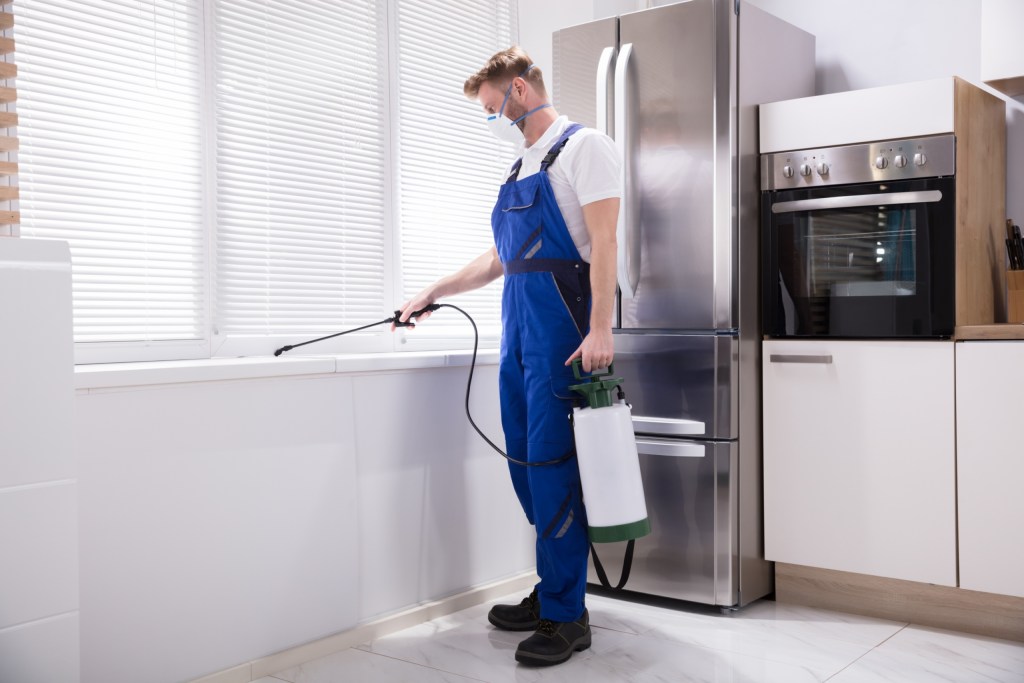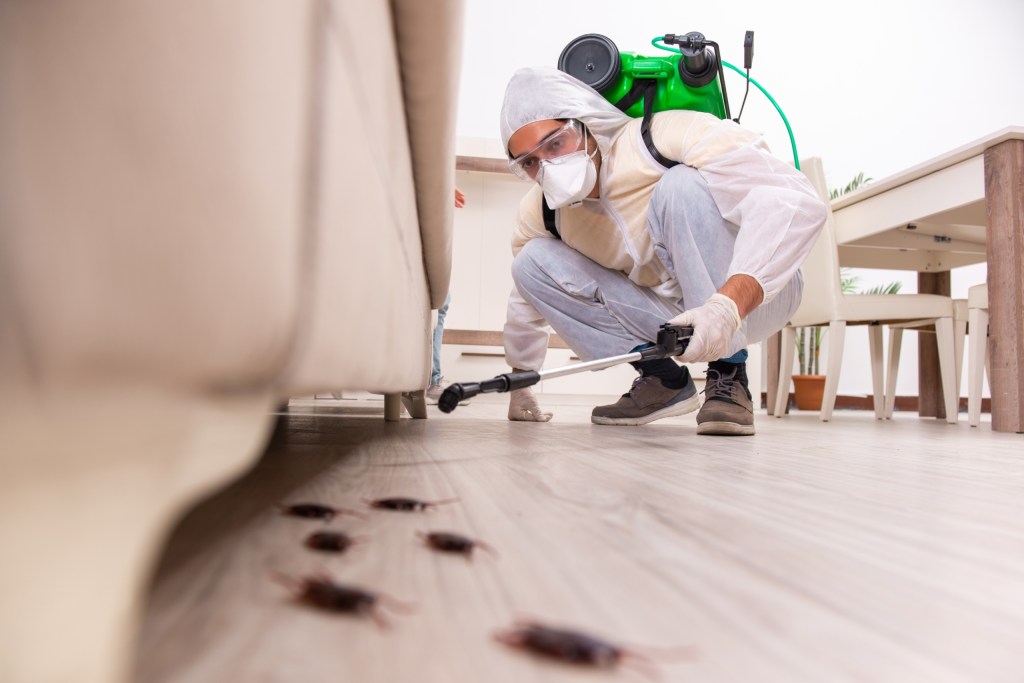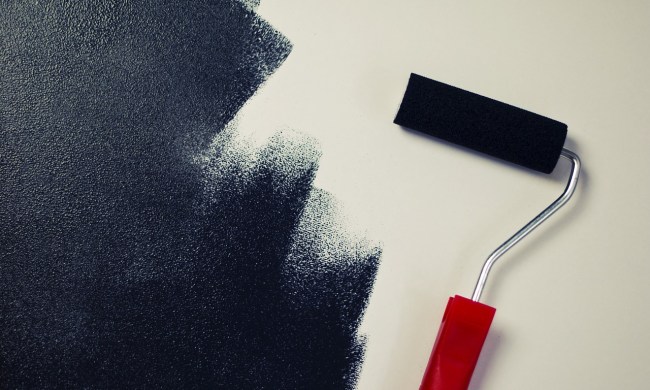A pest infestation is every homeowner’s nightmare. If you’re facing the frustrating and embarrassing problem of bugs or rodents in your home, don’t freak out quite yet. While you can often address minor pest problems with DIY pest-killing products, don’t hesitate to call a professional to deal with major disturbances. In this instance, fumigation may be the only way out.

What is fumigation?
The process of fumigation rids the home of pests by sealing the house and filling it with a poisonous chemical to eradicate the infestation. The amount of time needed for proper fumigation depends on the size of the home and the severity of the infestation, so it can take anywhere from 24 hours to an entire week. Since these chemicals are harmful to humans as well as critters, people and pets need to stay out of the home during the entire process. It’s best to let the home air out for a few days after fumigation as well, just to ensure there are no lingering chemicals in the air.
How often should you fumigate your house after infestations?
For most types of infestations, multiple rounds of fumigation are not necessary. However, routine inspections and preventative treatments will keep your home pest-free in the future. During these yearly inspections, a professional will then be able to determine what, if any, extermination method is needed to keep the home critter-free. Some regions are more susceptible to infestation than others, so if you live in a warmer climate, rainy regions, wooded areas, or near a body of water, you may want to engage in more frequent inspections.
Pest control based on the type of pest
The frequency of your inspections and fumigations will also depend on the type of pest you’re dealing with. Some problems only take one extermination treatment to solve, whereas others may require more continual maintenance.
Termites
When your home is fumigated for termites, the first treatment should last several years. If your home has had a history of termite infestations, make sure you hire a professional for inspections at least yearly. Termites are extremely destructive and, if left untreated, can damage the wooden foundation of your home.
Cockroaches
In general, professional pest control companies use sprays and baits to exterminate cockroaches as opposed to fumigation. The process takes 1-2 weeks to kill the colony completely, and an additional round of treatment may be required for especially bad infestations. Cockroaches are very tenacious, so keep your home clean and well-sealed to prevent them from returning. If you’re still seeing roaches after a month or two, opt for a more thorough inspection to find and plug the vulnerable areas where they’re getting into the home.
Mice and rats
The occasional presence of rodents in your home is not always a sign of an extensive infestation, particularly in rural areas near open fields or woods. However, it’s better to be safe than sorry, so if you see one of these furry creatures running around, call a pest control company to set bait and traps (either humane or otherwise) and locate and seal off the entry points. Unless you see evidence of their remaining presence, you likely won’t need a second round of extermination.
What can you do to control pests in your home?
Be sure entry points are well-sealed
Insects are particularly crafty and will gain access to your home through small cracks and gaps. Be on the lookout for gaps in your doors, damaged corners, and holes in floorboards, then call in a professional to inspect and re-seal them.
Clean regularly
Particularly with food-seeking pests like rodents, ants, and roaches, keeping your house clean and free of food scraps will go a long way in making your home less appealing to the critters. Also, keep a firm lid on garbage cans, and make sure all food is secured in a pantry or cabinet.
Be on the lookout
The presence of some pests, like termites or rodents, is not immediately obvious. Unfortunately, this means they can mill about your home for weeks before they’re noticed. Stay vigilant and look for the telltale signs of these pests like hollow or damaged wood, busted food packages, and rodent droppings.
The presence of rodents and invading bugs in your home can create unsanitary living conditions and damage your home and belongings. Fumigation is usually a last resort and rarely needs to occur more than once, so prevent the need for this intense extermination process by scheduling regular inspections and remaining vigilant to stop pests in their tracks.




